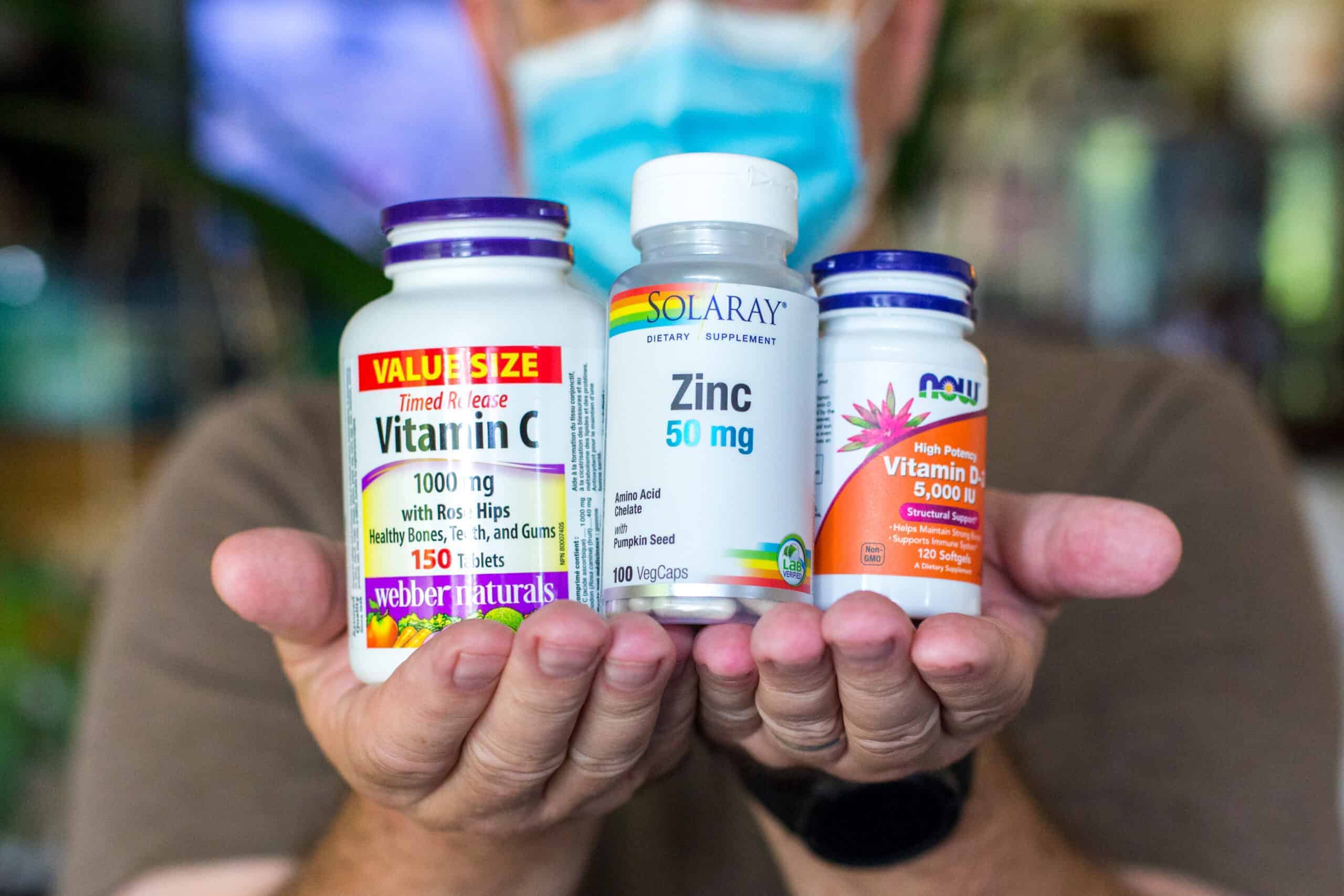Keeping ourselves healthy during COVID-19
Promising research into vitamins and other supplements
By now, everyone knows the biggest things we can do to help prevent the spread of COVID-19 are washing our hands and wearing a mask when we are in public.
Because COVID-19 is a new disease, the science behind it is continually emerging. It might be frustrating to hear one day that you don’t need a mask, but that the next day you do. This is not because the scientists or our public health officials were wrong yesterday; like all of us, they are learning as they go. All the information is new. It will take time for scientists to come to conclusions based on the evidence. In the meantime, follow public health suggestions, even if they change.
The virus infects people seemingly at random. About 20 per cent of people infected will be sick enough to be hospitalized, but even amongst those not hospitalized, stories are emerging of Post Covid Syndrome. This causes what looks like re-infections. One day a person feels well; the next, they spend the entire day in bed with aches and pains.
We can take steps to protect ourselves from getting really sick with COVID-19. Healthy eating, getting a good sleep, and exercise should all go without saying. Supplements might also help.
One third of Canadians are vitamin D deficient. Vitamin D helps white blood cells do their job, and decreases inflammation. University of Alberta researcher, Dr. Aldo J. Montano-Loza, is waiting for funding to study vitamin D and COVID-19. Even if it turns out vitamin D is not protective against COVID-19, supplementation ensures good bone health and low levels are correlated with multiple sclerosis.
University of Lethbridge scientists have been studying how CBD oils from hemp plants interact with cells through which COVID-19 enters the body. The oils are known to act as anti-inflammatories and are not psychoactive. The scientists are studying how CBD extracts affect key proteins that allow the virus into cells. If successful, the scientists plan to create a mouthwash or gargle mixture.
Another supplement is vitamin C, an antioxidant (helps fight inflammation). It helps make white blood cells, and is important in the formation of blood vessels and collagen. Researchers in China are investigating intravenous vitamin C for hospitalized COVID-19 patients, and Canadian researchers are studying vitamin C infusions for patients who develop sepsis, a body-wide infection.
Zinc has been well studied for treating the common cold (also a coronavirus) and has been shown to shorten the duration of a cold from seven to four days. Researchers hope zinc will have the same effect on COVID-19. Zinc stops the cold virus from replicating itself and decreases cytokines, which is important since some patients die from what is called a cytokine storm, where the immune system gets hyper-active.
Probiotics also help keep your immune system healthy. Scientists in Berlin studied how the virus affected people in countries where fermented products (sauerkraut, kimchi, yogurt , kefir etc.) are a regular part of people’s diets. They found “for each gram per day increase in the average national consumption of fermented vegetables, the risk for COVID-19 mortality (at the country level) fell by 35.4%”.
Be sure to research what dosage to take of any supplement. Overdosing on supplements can be dangerous. Talk with a pharmacist and/or doctor. If you are researching online, make sure your sources are reliable.
Fermented Foods: https://tinyurl.com/yyl82j8l
CBD Oils: https://tinyurl.com/y8lyqld6
Vitamin D: https://tinyurl.com/yxg4zosm
Vitamin C: https://tinyurl.com/y3homq5f
Zinc: https://tinyurl.com/vx7p3yr
Featured Image: There has been research into the benefits of vitamins and supplements and how they may help to fight COVID-19. | Rebecca Lippiatt







